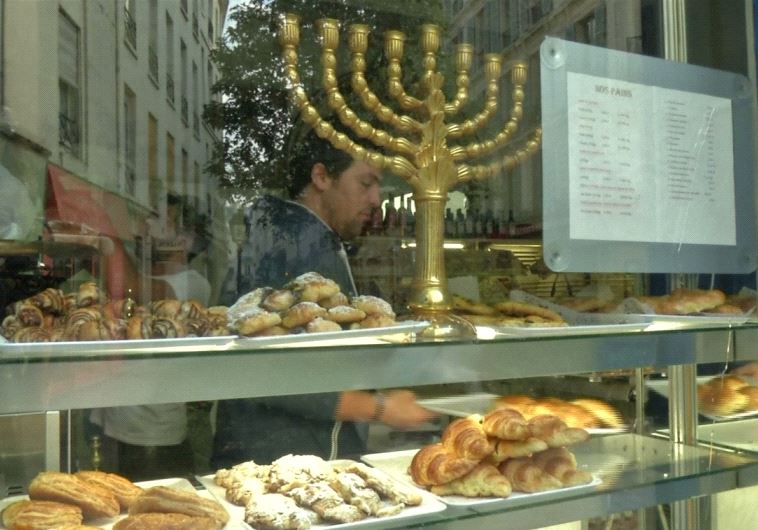WATCH: A culinary tour of Paris's Jewish quarter
Tourists and locals tour the Jewish quarter of Le Marais in Paris, where they sample culinary delights and learn the history of Jews in France.
 The Jewish quarter of Le Marais in Paris(photo credit: screenshot)Updated:
The Jewish quarter of Le Marais in Paris(photo credit: screenshot)Updated: